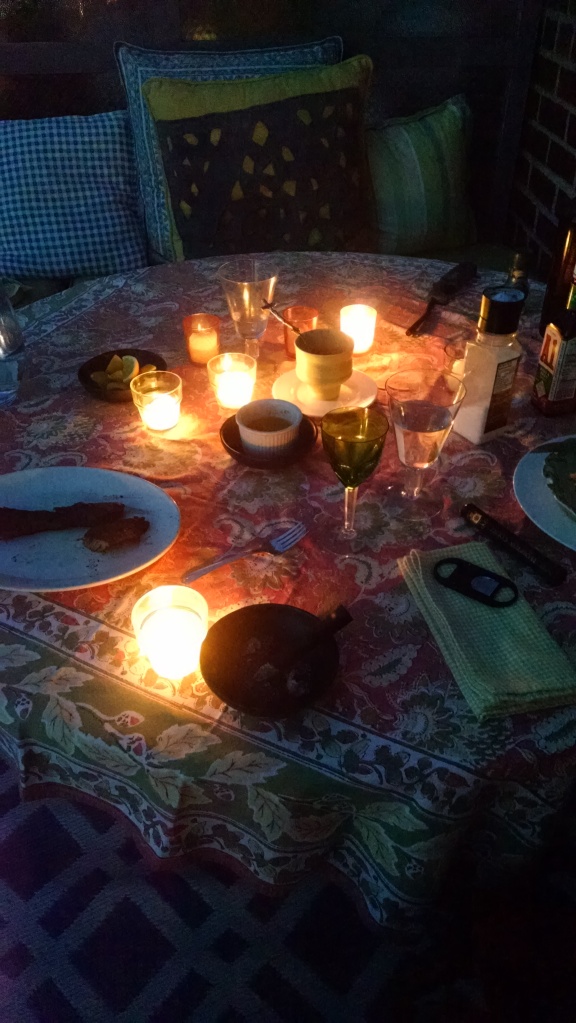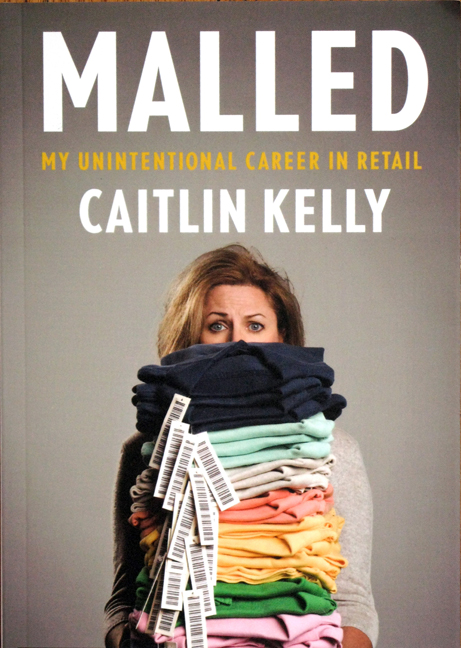By Caitlin Kelly

As some of you already know, I make my living as a full-time freelance writer, with clients ranging from non-profits like WaterAid to journalism for The New York Times and many others. I’ve been writing for national magazines and newspapers since my days at the University of Toronto, was a staff reporter for three major daily newspapers, a magazine editor and now work from home for a wide range of clients.
Whether it’s a personal essay, a reported story, an investigative piece — or a blog post — I know how to do it and can help you do it better!
The basics of great writing never change: clear thinking produces clear writing. But sometimes you need a smart and helpful editor to talk it through. That’s me.
I love teaching and coaching and take great pride and pleasure in my students’ progress.
This year I taught freshman writing at Pratt Institute, a private college in Brooklyn, and also taught blogging — where my students’ blogs helped them win prestigious internships and polish their writing and social media skills.
I also teach writing at the New York School of Interior Design in Manhattan, and recently helped six designers better understand the world of publishing and social media in my class “How to Catch an Editor’s Eye”. My classes there start again September 23.

As someone who’s been writing for demanding editors in Canada, Britain and the U.S. for decades — also author of two well-reviewed non-fiction books — I’m able to help newer or less-experienced writers refine their pitches, conceptualize ideas for a book proposal, think through your next steps in building a writing career.

As I did for this piece, I can also read a first draft of your story, offering many helpful, constructive editing comments, (tone, reporting, structure, etc.)
I met its young author at a conference in New York a few years ago and, since we’re both from Toronto, stayed in sporadic touch. She sent me a draft of her challenging and complex piece — about a murder by a former high school classmate of hers — and I helped her with it.
It’s since gotten a lot of attention, including from the Washington Post, Jezebel and others.

I often coach fellow writers — in person, by phone or Skype — as I recently did for one English journalist when I was on holiday in Dublin; I charge $225/hour (U.S.), payable in advance by Paypal to focus on anything you’d like advice on: blogging, journalism, online writing, non-fiction writing, pitching…

My webinars, which I can do by Skype or phone, are $150 for 90 minutes and I schedule them according to your convenience one-on-one — you’ll find testimonials from satisfied students from New Zealand, Australia, Germany, the U.S., Canada and England.

Interested?
Email me at learntowritebetter@gmail.com and let’s get started!






































